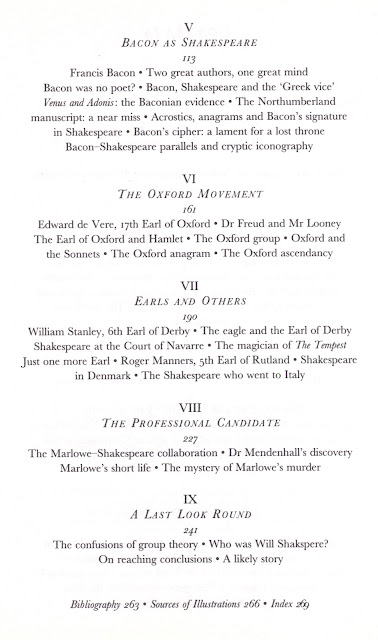Late in Democracy in America, in a chapter lavishly titled “Why the National Vanity of the Americans is More Restless and Quarrelsome than That of the English,” Tocqueville observes that national pride in public affairs takes on the social character of the upper classes:
In aristocratic countries, great men possess extensive privileges to sustain their pride without any need to rely upon those smaller advantages which accrue to them. Those privileges, having reached them through inheritance, are regarded to some extent as a part of themselves or, at least, as a natural and inherent right. They have, therefore, a quiet sense of their own superiority; they have no thought of boasting about privileges obvious to everyone and denied by no one.
In numerous cases of apparently ethno-nationalist conflict, the deepest hatreds are manifested between people who — to most outward appearances — exhibit very few significant distinctions... The partition of India and Pakistan, for example, which gives us one of the longest-standing and most toxic confrontations extant, involved most of all the partition of the Punjab. Visit Punjab and see if you can detect the remotest difference in people on either side of the border. Language, literature, ethnic heritage, physical appearance — virtually indistinguishable. Here it is mainly religion that symbolizes the narcissism and makes the most of the least discrepancy.
I used to work in Northern Ireland, where religion is by no means a minor business either, and at first couldn’t tell by looking whether someone was Catholic or Protestant. After a while, I thought I could guess with a fair degree of accuracy, but most of the inhabitants of Belfast seemed able to do it by some kind of instinct. There is a small underlay of ethnic difference there, with the original Gaels being a little darker and smaller than the blonder Scots who were imported as settlers, but to the outsider it is impalpable. It’s just that it’s the dominant question locally.
Likewise in Cyprus, it is extremely hard to tell a Greek from a Turk... In his book The Warrior’s Honor, Michael Ignatieff spent some time trying to elucidate what it was that made soldiers in the Balkan Wars — physically indistinguishable from one another — so eager to inflict cruelty and contempt upon Serb or Croat or Bosnian, as the case might be... Of course, here again there are latent nationalist and confessional differences to act as a force multiplier once the nasty business gets started, but the main thing to strike the outsider would be the question of “How can they tell?” In Rwanda and Burundi, even if it is true, as some colonial anthropologists used to claim, that Hutu and Tutsi vary in height and also in the delimitation of their hairlines, it still doesn’t seem enough of a difference upon which to base a genocide...
One of the great advantages possessed by Homo sapiens is the amazing lack of variation between its different “branches.” Since we left Africa, we have diverged as a species hardly at all. If we were dogs, we would all be the same breed. We do not suffer from the enormous differences that separate other primates, let alone other mammals. As if to spite this huge natural gift, and to disfigure what could be our overwhelming solidarity, we manage to find excuses for chauvinism and racism on the most minor of occasions and then to make the most of them. This is why condemnation of bigotry and superstition is not just a moral question but a matter of survival.
The photo embedded at the top is of a street scene in Moscow (credit AP, via
India.com).















